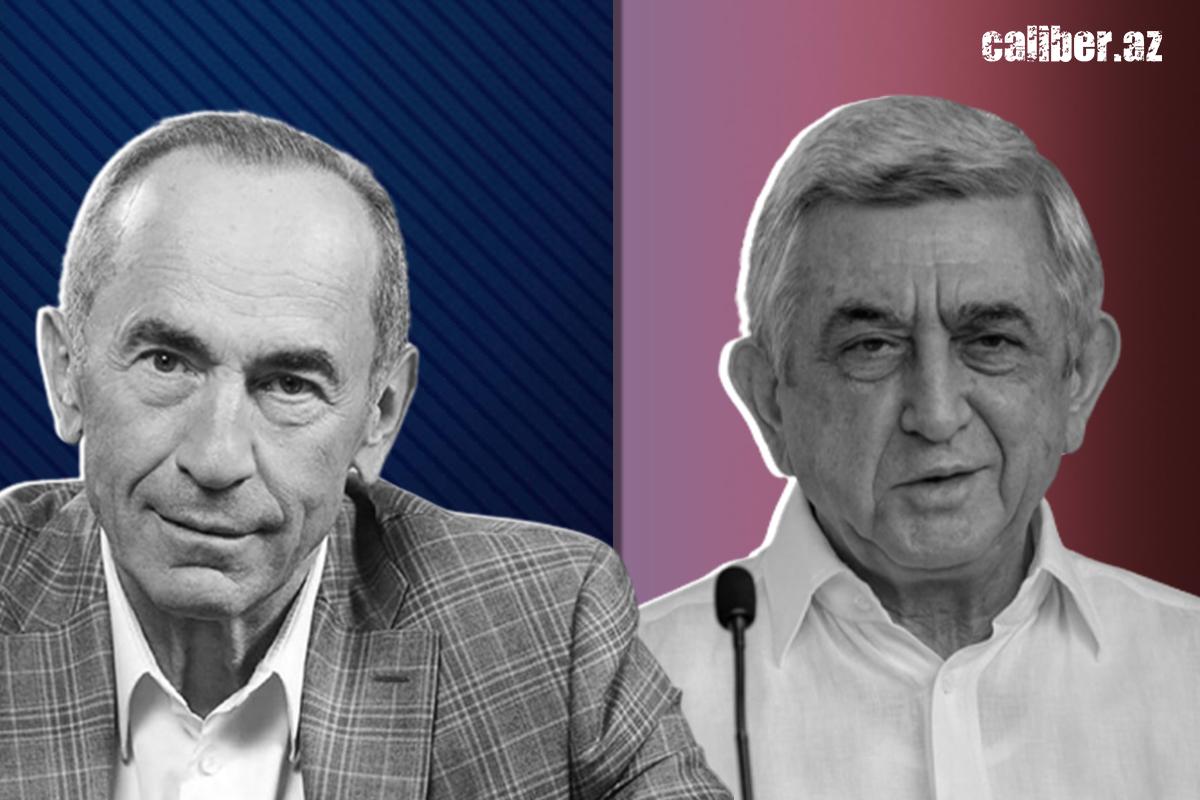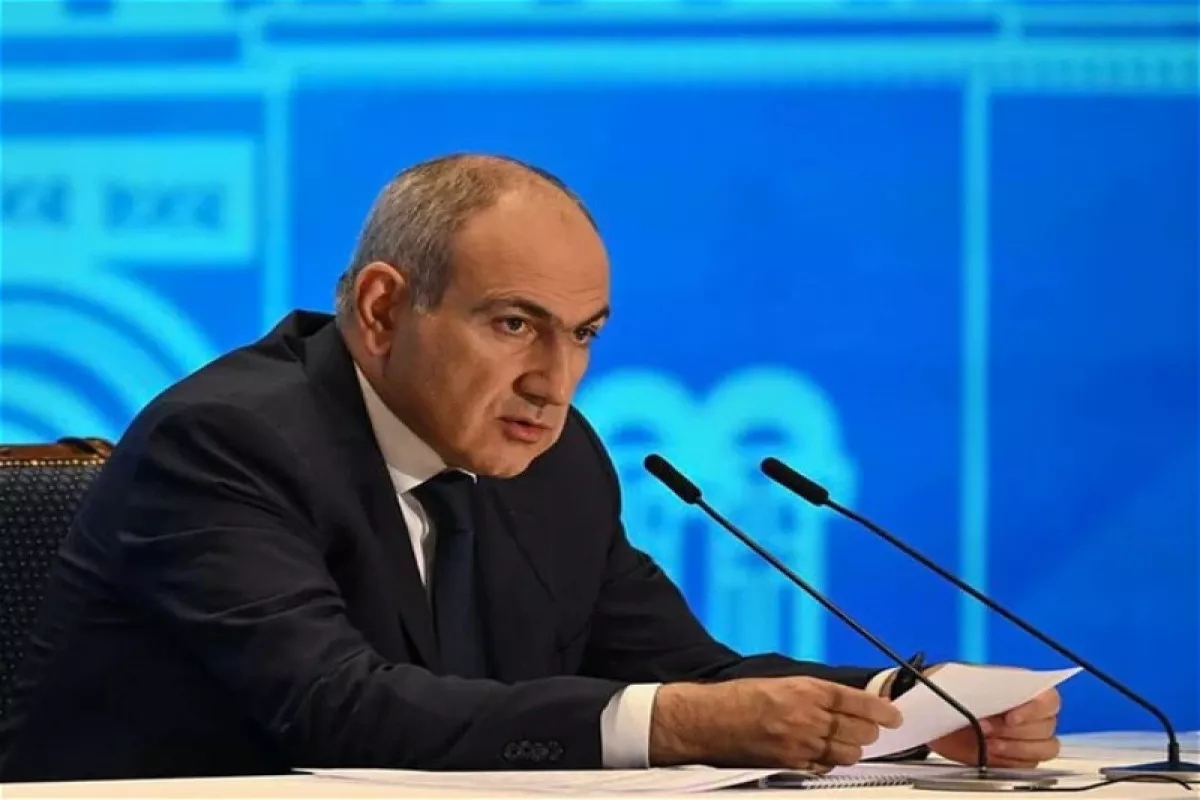Shadows of inertia Pashinyan fends off former presidents
On the eve of parliamentary elections in Armenia, the struggle between Prime Minister Nikol Pashinyan and the Karabakh clan, led by former presidents Robert Kocharyan and Serzh Sargsyan, continues—and, in fact, is intensifying.
The main point of this confrontation has become debates over the negotiation process between Azerbaijan and Armenia prior to the 44-day war. The leaders of the Karabakh clan continue to create the impression among their compatriots that it was Pashinyan who “ruined” the supposedly flawless line of Armenian diplomacy, which they had built over many years and which was aimed at preserving the infamous status quo.

For two consecutive days, both politicians gave extensive interviews—one after the other—where, in rather chaotic and sometimes contradictory statements, they tried to argue that all Pashinyan had to do was continue the negotiation process and avoid provoking Azerbaijan with statements such as “Karabakh is Armenia, period.”
On his Facebook page, Pashinyan responded to these statements—albeit in a similarly long and chaotic fashion. “The statements of Kocharyan and Sargsyan in recent days confirm that the Karabakh issue was a ‘leash’ through which Armenia was deliberately tied to the ‘nearest tree.’ The rights of peoples, historical justice, and other lofty terms served only as a cover for the main goal. The entire negotiation process and the proposals were aimed at shortening this leash. By the end of the year, documents on the negotiations will be published, and everything will become even clearer,” he noted.
The prime minister also stated that the purpose of the “leash-shortening” process was effectively Armenia’s loss of statehood, and that the conflict could only end in this way. “Kocharyan and Sargsyan propose returning to this scenario, written and implemented under the slogan ‘Lenin, Party, Gorbachev’ (under this slogan, rallies in support of the ‘miatsum’ took place in Armenia in the late 1980s — Ed.) and, most likely, under the patronage of the KGB,” the prime minister said.
Pashinyan’s somewhat chaotic statements carry a clear leitmotif: not only accusations against the Karabakh clan for close ties with Russian intelligence agencies, but also an implicit suggestion that Moscow sought to impose its vision of the political order in the South Caucasus during the period in question.

Today, Pashinyan spoke at a briefing where, among other things, he once again confirmed his intention to soon make public the details of the negotiation process.
It should be noted that, regardless of the wishes of external actors or the line once pursued by Yerevan, Baku would not have accepted any settlement option that did not provide for the return of all occupied territories and the restoration of Azerbaijan’s sovereignty over the entire territory of Karabakh.
The negotiations reached a dead end not because of a “political upheaval,” but as a result of the inert mindset of Yerevan’s leadership—in this case, Pashinyan himself. Azerbaijan was becoming increasingly assertive in demanding what was rightfully its own, and the Karabakh leaders were simply fortunate not to have been in power at that critical moment.
Pashinyan’s statement, “Karabakh is Armenia, period,” was essentially an act of desperation—a last-ditch attempt to test Baku’s resolve when there was no room left for manoeuvre. In this sense, Pashinyan acted within the same logic as Kocharyan and Sargsyan, with only one difference: he had the most thankless role—the final chapter of this story.
The development of the conflict left no room for further delay. Yet Pashinyan lacked both the political will and inner resolve to admit defeat in advance. And so, he had no choice but to take the plunge—essentially acting on the principle of “come what may.”
Now Pashinyan regrets that—something he has been acknowledging more and more frequently of late. He understands that he should have initially chosen the path of reconciliation with Azerbaijan rather than gaining the reputation (as his opponents emphasise) of a man who broke his word and proved himself a weak commander.
Today, he is trying to rectify the situation by paving the road to peace and proving that this course is the only viable one. But the shadows of the past still cling to him with their tenacious claws, trying to drag him back—into the dark and stale womb of a mythical Armenia.








